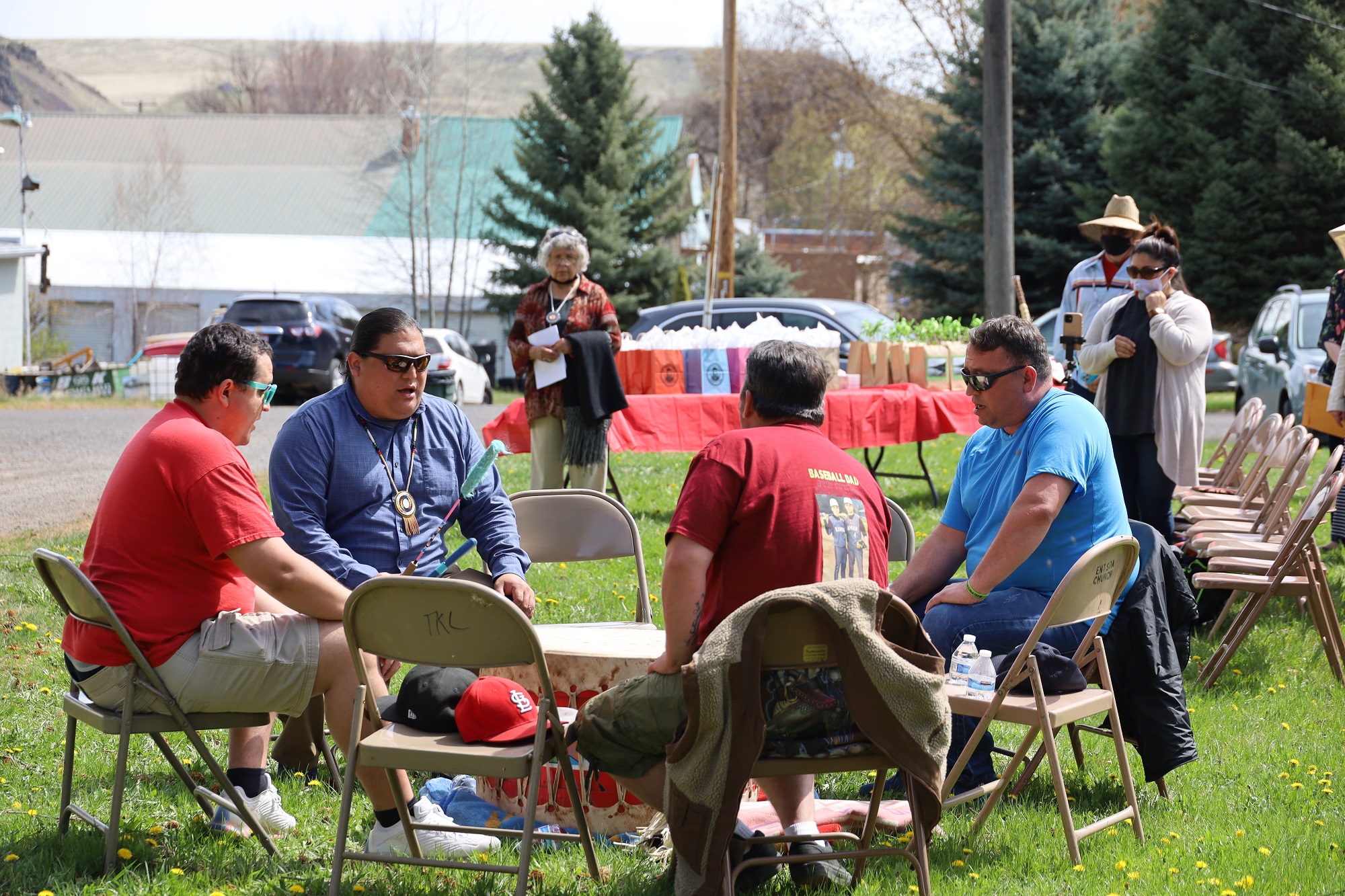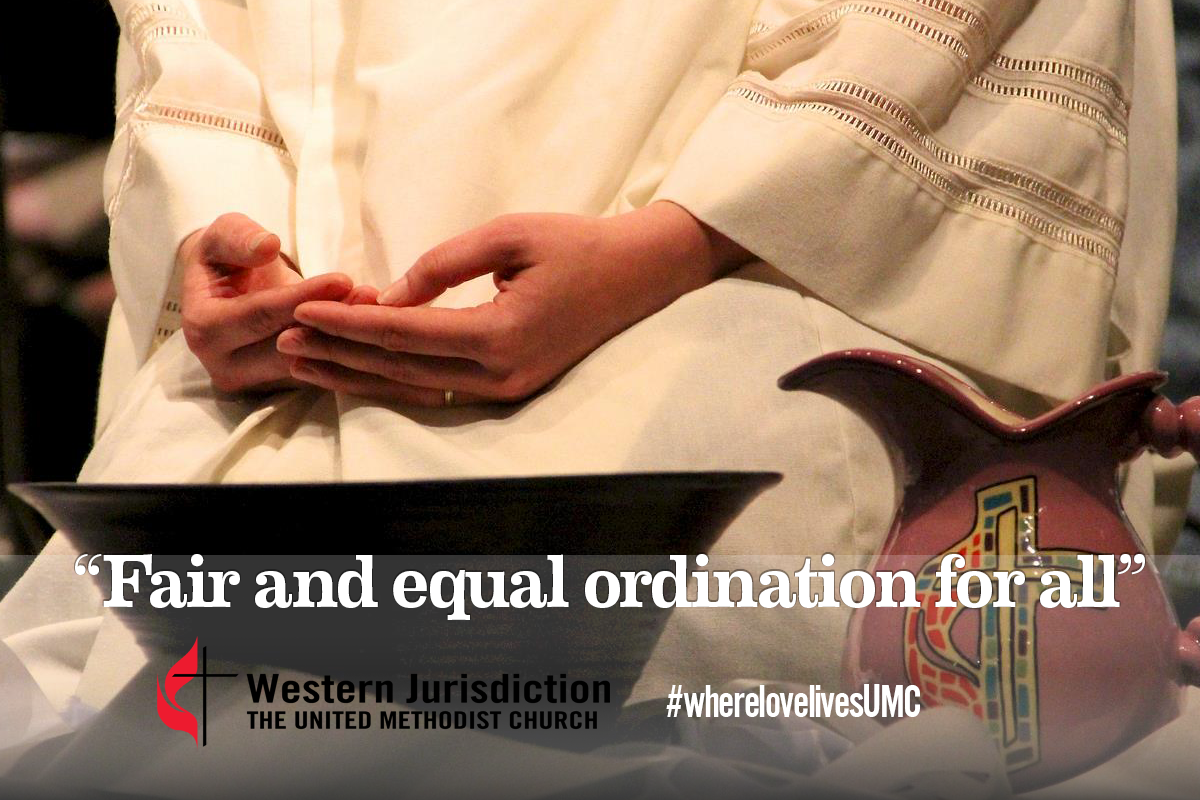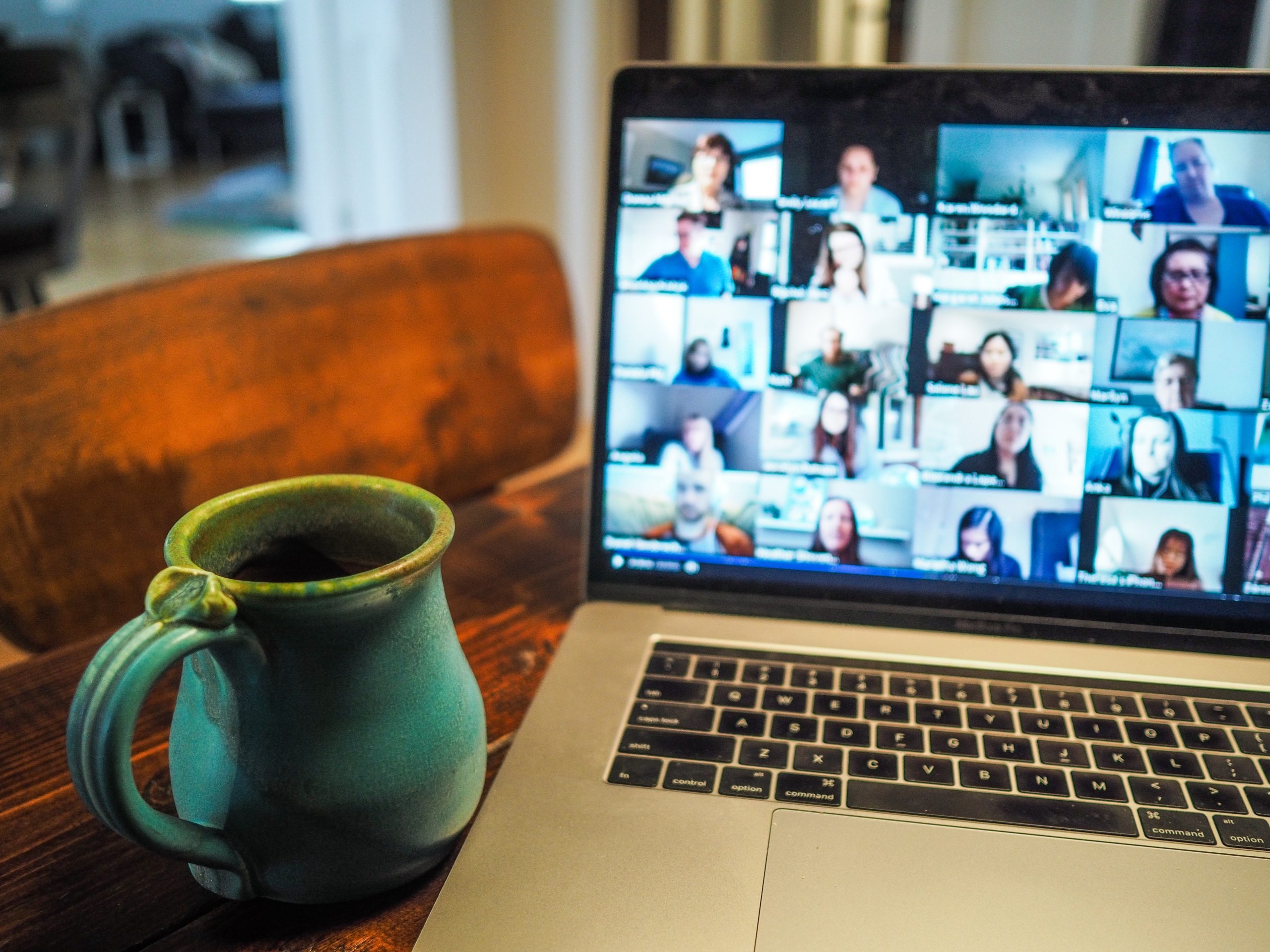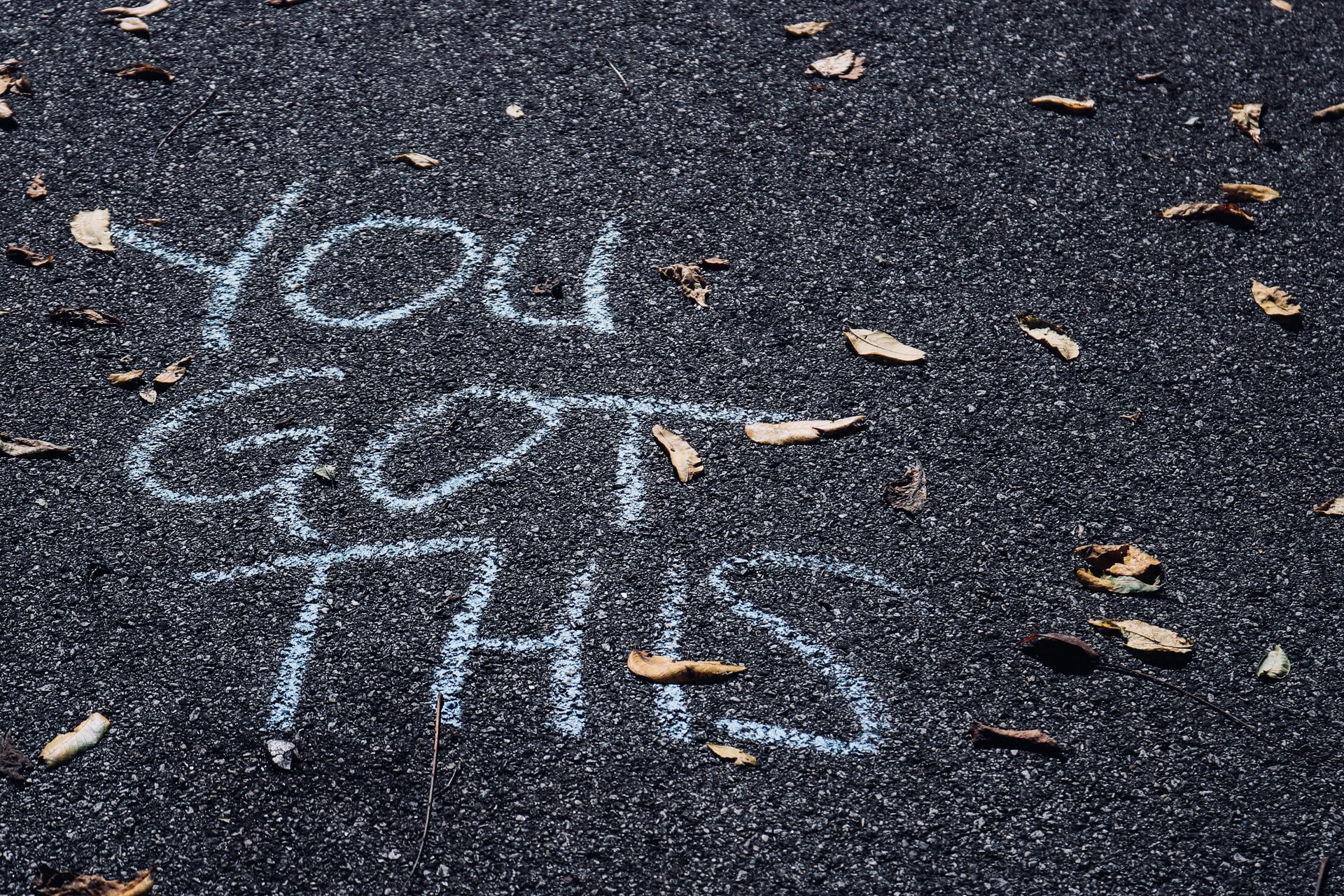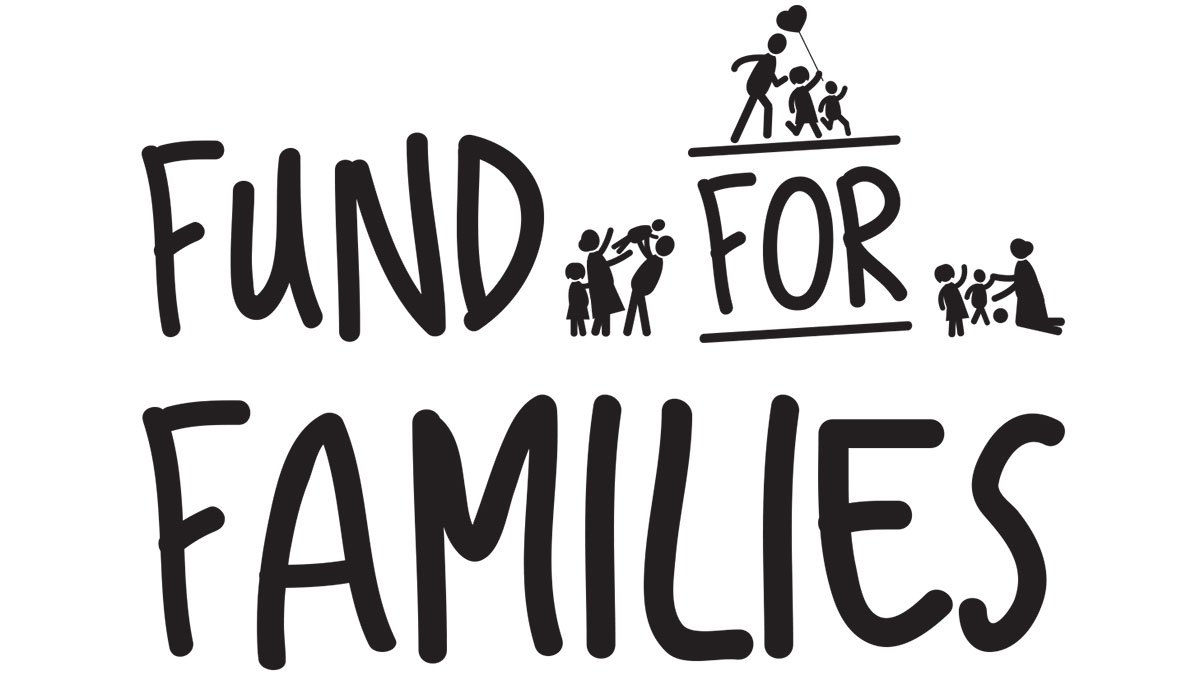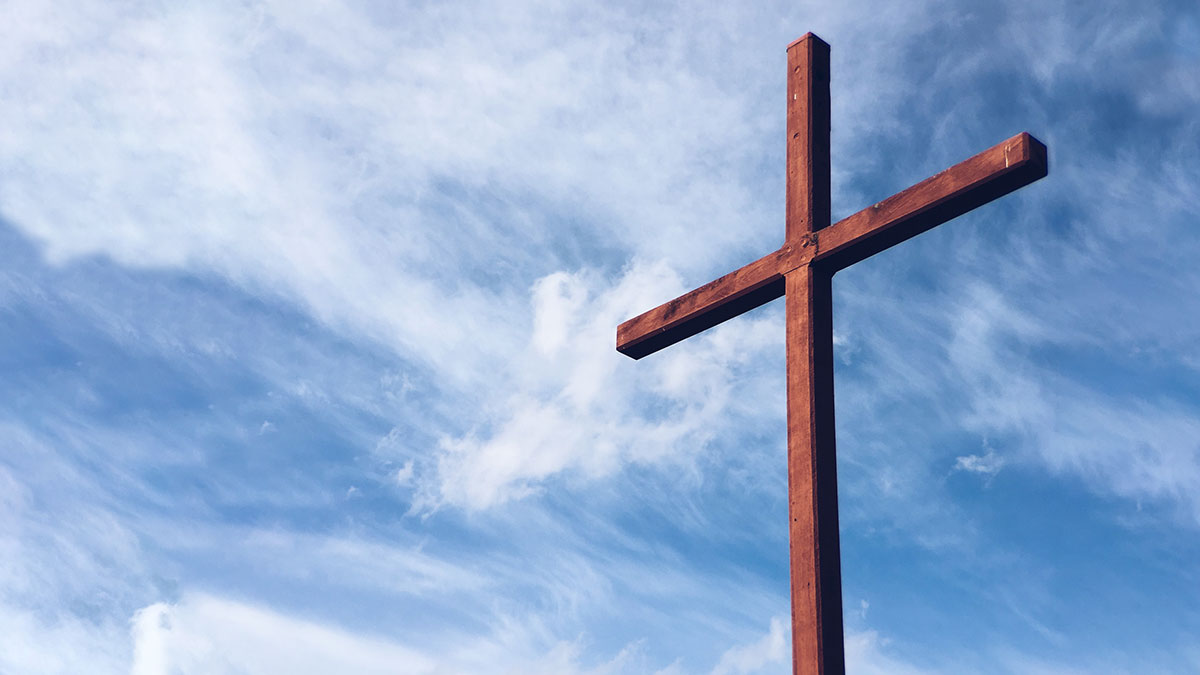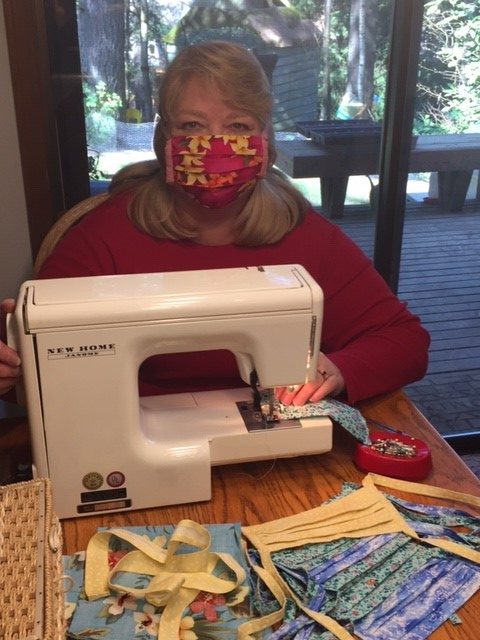GNW Area creates Circle of Indigenous Ministries
As friendships and ministries with Native American and Indigenous peoples grow, the Greater Northwest Episcopal Area of The United Methodist Church is creating the Circle of Indigenous Ministries. Developing mutual, healing, and life-affirming relationships with Native Americans and Indigenous peoples in and outside the church is part of the GNW Area’s ongoing efforts to heal historic trauma and dismantle racism.
Rev. Dr. Allen Buck, pastor of Great Spirit United Methodist Church in Portland and a citizen of the Cherokee Nation, is being appointed as the director of the Circle of Indigenous Ministries, beginning July 1. Rev. Buck will also continue as part-time pastor at Great Spirit.
The Circle will support Native American and Indigenous churches, fellowships, and ministry partners through resourcing, coaching, consultation, and friendship in the Alaska, Oregon-Idaho and Pacific Northwest Conferences.
“The goal is to do what we have been doing, but do it more intentionally,” said Buck.
Since Buck was appointed to Great Spirit UMC in Portland in 2017, he has assisted the Oregon-Idaho Conference, as well as his colleagues in the Pacific Northwest Conference and Alaska Conference, in acts of repentance, land return and healing with Native American communities across the area.
“The Christian Church has done deep and lasting harm to Indigenous peoples and cultures around the world for centuries,” Bishop Elaine JW Stanovsky said. “Rev. Buck is helping us learn our history, repent of our sins and form healing partnerships based on humility and mutual respect. ”
“The Circle of Indigenous Ministries will amplify Indigenous voices and their wisdom while also empowering more authentic leadership of Native American and Indigenous peoples within the church,” said Oregon-Idaho Conference Director of Connectional Ministry Laurie Day, who also serves assistant to Bishop Stanovsky.
For years, the Oregon-Idaho Conference has supported Huckleberry Camp for Native American youth at Camp Magruder in the summers as well as a Nez Perce culture camp at Wallowa Lake Camp in northeastern Oregon. In 2016, the unofficial spiritual home of Native American United Methodists in Oregon-Idaho Conference, Wilshire United Methodist Church in Portland, was on the verge of closing. Former Columbia District Superintendent, Rev. Erin Martin, recruited Buck, a citizen of the Cherokee Nation, to serve Wilshire UMC and help grow its ministry into what is now Great Spirit UMC.
The Greater Northwest Area has moved recently into larger acts of repentance and healing, including returning a portion of Wallowa Lake Camp to The Nez Perce Tribe in 2018. In April, the Conference returned the former Wallowa UMC property to the Nimiipuu as well.
Day said Buck has also helped leadership across the Greater Northwest Area begin acts of land recognition, repentance and building more friendships with local tribes and native organizations.
In addition to its work with the Nez Perce Tribe, Great Spirit UMC took ownership of the Chiloquin United Methodist Church building in southern Oregon, when the congregation was officially closed in 2020. Great Spirit UMC has since turned building use over to The Stronghold, a Native-led organization which partners with the Klamath Tribe to provide culturally responsive peer support services to Native people in transition – be it homelessness due to natural disasters, domestic abuse, drug addiction or more.
Buck said there were no conditions placed upon The Stronghold’s use of the building, because as the church works to decolonize white spaces, it is important to listen to what the Native and Indigenous communities want or need.
“It’s all about relationships,” Buck said. “You can’t do Indigenous ministries without relationships.”
Buck said he is excited to mentor and walk with emerging Native and Indigenous leaders who could serve churches in Native communities. He is eager to partner with the GNW Innovation and Vitality Team to help identify and train culturally responsive leaders in the church.
Day said financial support for The Circle of Indigenous Ministries is coming from across the GNW Area and beyond. This work of recognizing and partnering with Native American, Alaska Native and other populations often marginalized by the church is ongoing.

“All of these opportunities are growing, which is why we’re creating the Circle of Indigenous Ministries and we believe Allen Buck is the right leader to continue developing these strong friendships and healing bonds,” Day said. “The need and ministry have grown so much that we cannot wait any longer.”
Grant funding and conferences support will not be enough to develop and sustain the project long-term, which is why the Greater Northwest Area has established a Circle of Indigenous Ministries fund so that individuals may contribute to this growing ministry in the life of the church.
As the incoming director of the new Circle of Indigenous Ministries, Buck said he could use everyone’s prayers as he embarks on this exciting new journey in ministry.
“Pray for us and help us make sure this becomes the priority it needs to be,” he said.
